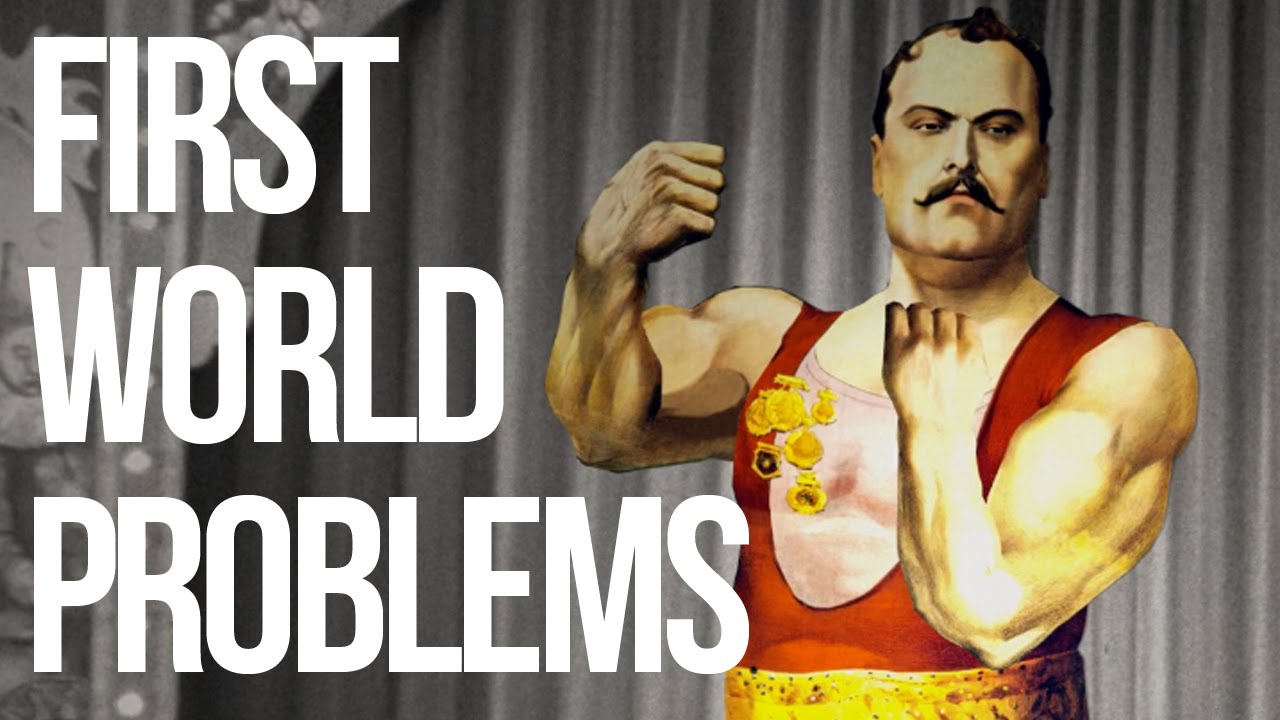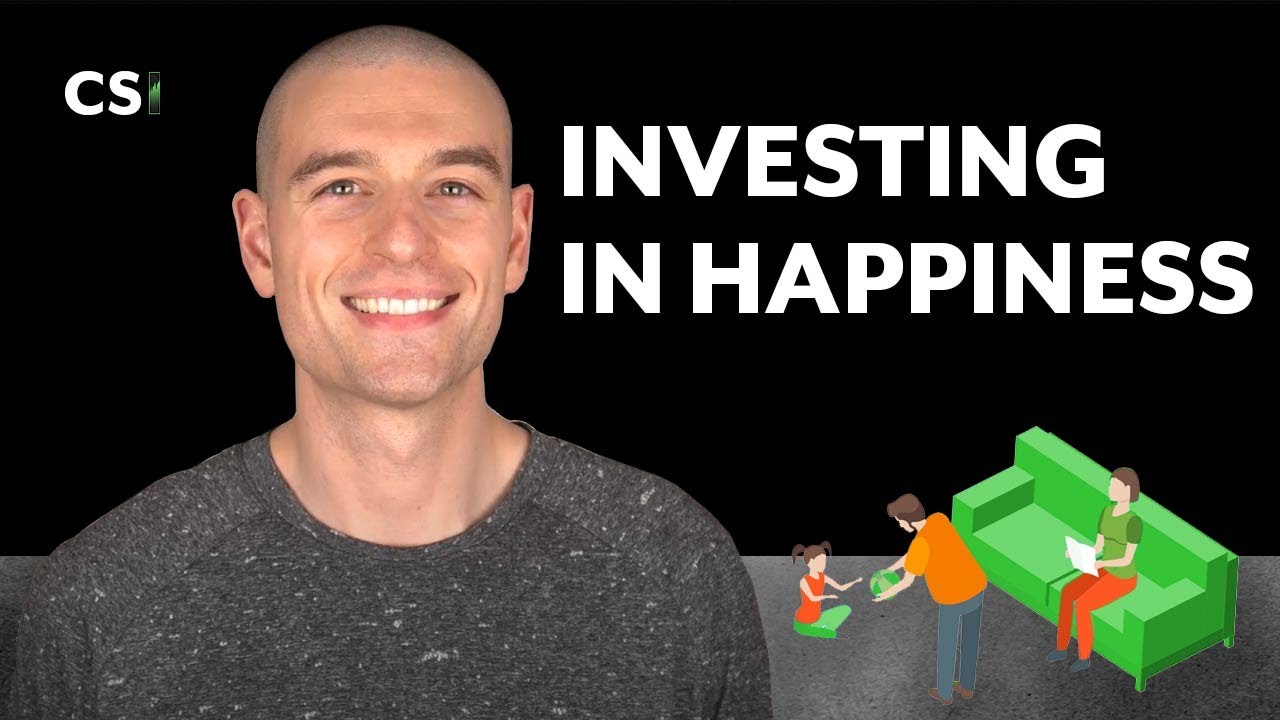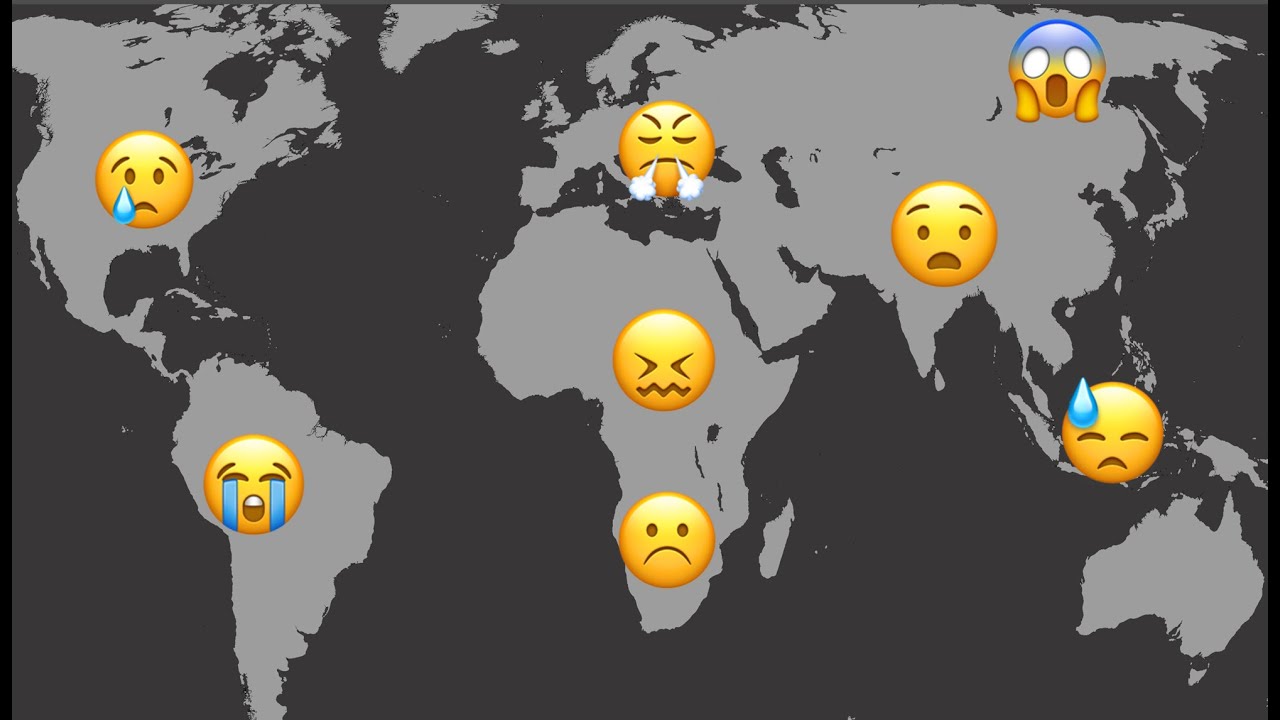IMHO only someone who is either very bitter or to whom the statement applies himself is able to say this … comparing misery is nonsense.
Your posts were flagged but I don’t think they qualify for deletion. Just stay polite guys, but also don’t take everything personally, thanks ![]()
Regarding your critique of “first world problems”, I recommend a great video of School of Life, where they show a bit more understanding:
Any relativization of all will not solve the problems of the common mortal. Homicide is a bad thing all over the world. They are not even punished everywhere. Hunger is just as bad everywhere. Conversely, the well-being forgets about the hungry and thinks that their problem is just as important. In fact, they are not starving. And let’s face it, starvation is not comparable to tax or other “equally” important concerns. My conclusion is that while we may have different levels of problems, we may not even have to fall into our own sword just because we have left our love or fired from work or because we are past 50.
Well, if I understand you correctly, you propose a regular reality check, to see that our problems are not as severe as we think. And that’s what cheers me up whenever I feel down.
But I think the problems of depression and mid-life crisis can come to a point, where you can’t help yourself. People can fall into a hole, without being aware of it. There is an imbalance of chemicals in the brain and you can’t just help somebody through simple talk. You may think their situation is perfectly fine, but it doesn’t change the fact that they lost the will to live and that it’s a common problem in modern societies.
As I see it, we (we the human) create hypotheses in order to give solution for the current problems. Then, somehow, these hypotheses are suddenly made public as already proven theses. Extreme example is the communism. It has happened the same way and did not turn out well. The hypotheses forced through no matter what. Using your example, “…mid-life crisis can come to a point, where you can’t help yourself …”. This is a hypotheses what is to be accepted first by the many, then becomes to be theses and when it is already a theses it is to be accepted in front of a judge in court. And if so, the lawyer can say that the murder was unaware of his act and not to be condemned. I know this is extreme, but it is so and it works for all soft problems too. At the end of the day you are not responsible for anything since everything is only a chemical reaction in your brain what you cannot drive. So you may rape a child without consequences.
No one require anymore from an adult that he/she behaves like human. So you may buy overpriced car at your 55 because you feel like that and no one can judge you on it, however you just spent the last money from your bank account and next week there is no more to give to your family to live. And you will say sorry but you have a crisis what all have to accept and cannot tell you that you were just damn stupid.
The acceptance of that “we cannot do anything with the problems” is the problem. Not facing with the problem is the problem. Taking a very simple subject and lift it to academicals discussion instead of just facing with it and solve the simple case is the problem. We can see people not knowing how to behave in certain situation because they did not receive the down to earth basics from their parents, schoolmates or grandma. All of those unsolved problems are escalating by the years and the number of unsuccessful results and at the end we created an elephant from the small bug and we call it mid-life crisis. So we accept that, there is a thing we call mid-life crisis. It is inevitable and people have to deal with it. You do not even try to prevent from it. You try to manage the new problem. Hypotheses is created already around the subject. It will or is already became to be a theses what no one supposed to question anymore. Tadaaaam. We are there.
Im reading the book right now and i just reached the chapter “budget vs conscious spending” and it feels natural to me to skip the budget. I would never track every penny i spend since i spend only on essential things i need or consciously want (plus no limits on quality organic local fine food) and skip all the rest. Less is more.
Hey @ElMago I also wanted to say thank you for this book recommendation. I read “Why we sleep” in the last 3 days and absolutely loved it. I think it’s a book that everybody should read!!
Thx again, and if you have other good recommendations please fell free to let me know!
I‘m glad the book resonated with you.
And this might be exactly why it is hard to recommend good books: They have to resonate with you. And what resonates is changing over time.
A book that resonated with me, because I was able to learn a lot about myself, was Quiet: The Power of Introverts in a World That Can’t Stop Talking.
“budget vs conscious spending” and it feels natural to me to skip the budget. I would never track every penny i spend since i spend only on essential things i need or consciously want (plus no limits on quality organic local fine food) and skip all the rest.
I’m exactly the same.
I don’t think too much about food prices if I am going to enjoy it.
Otherwise, I think twice, research and delay my purchases until I know what I really want.
Tracking my budget is a waste of time.
Same here. I started with tight budget in student days and didn’t let the lifestyle inflation creep up too much. I look once a year or in 2 years, expenses for last 3 months.I am frugal by nature and I rediscover how frugal I am and that I saved more than I expected. I feel good and shut down the excel sheet 
The only thing I like spending money on ( and I am very frugal there too) is travel to places with either fascinating history, culture or natural beauty ( think Iran, Iceland, etc…). That intangible joy and experience adds more happiness to my life than a new computer or TV or headphones.
If I ever RE, or have mini or partial RE, travel would be the thing I look forward to the most.
But tracking budget can be very important/essential for people have never consiously looked at their spending and are spending a large portion of their income on discretionary consumption. Some of it definitely brings joy and satisfaction, while some brings convenience, and some part simply unconscious waste of money.
I just realized, that this forum is almost exclusively about how to reach FI but we rarely discuss our why.
If our why is living a good life, the following video can be of use, since it summarices many important research findings in a way that should be approachable for the typical forum user. The potential return for you is much higher than reducing costs of your funds by another few basis points ![]()
I guess this is typical for newbies. Once you accumulate certain stash, your focus naturally evolves (or at least should evolve) from cost optimization to happiness, purpose and meaning optimization.
Thanks for sharing the video!
I’m in a situation where I have a contract to work 80% for one client and 50% for the other. In theory, I could work 10h a day, work on Saturday, and pull it off. But I’m not doing that. I already know that I will not use all the budget assigned to me this year. They money is there, I just decide that at a certain point I would feel physically and mentally unwell if I dedicated too many hours per week to work. Some people are able to work for 80-100h per week, I don’t know how.
From the CSI video, I liked the note that making money is addictive. That would explain why we always want more and always raise our goals.
I wonder if there are some studies on your health levels if you work a certain amount of hours per week/month/year and what happens to your health if you retire early. I‘d assume you stay healthy longer as there is a lot of stress involded at work (for most people)
From the CSI video, I liked the note that making money is addictive. That would explain why we always want more and always raise our goals.
I think that there are much more difficult reasons to overcome than the addictiveness of making money.
The main problem in my eyes is that we are not wired to judge our wealth on an absolute but a relative level. How else would can we explain that having magic devices in our pockets, exotic foods delivered home and being able to travel around the world in less than 48h is still not enough, even though the wealthiest person was only able to dream about this less than 100 years ago? It‘s all about the relative position compared with others and the status that comes with it.
Many of our behaviours and decisions don‘t really make sense if you go with orthodox explainations. If you are interested to learn more, I highly recommend the book The Elephant in the Brain.
Great thread and many fundamental questions. One generally becomes wiser with experience and these last 18 months have at least allowed us to ask ourselves new questions about priorities between time and money and the risk of missing out on the best years by focusing on money instead of great experiences and people. For those who wish to continue this introspection, they will find here a questionnaire for a self made exercise on our relationship with money on Questionnaire: What is your relationship with money ? – Guide Finances.
“The poor is not the one that posess few, but the one that always want more” rough translation from seneque, who was right on point with a few centuries ahead to that point !
Marcus Aurelius and Seneca are two of my favorite philosophers. Highly recommended source of inspiration for building a good life.
This is the best video in the whole series. It gives perspective on the “why” investing well beyond the “how to”.


